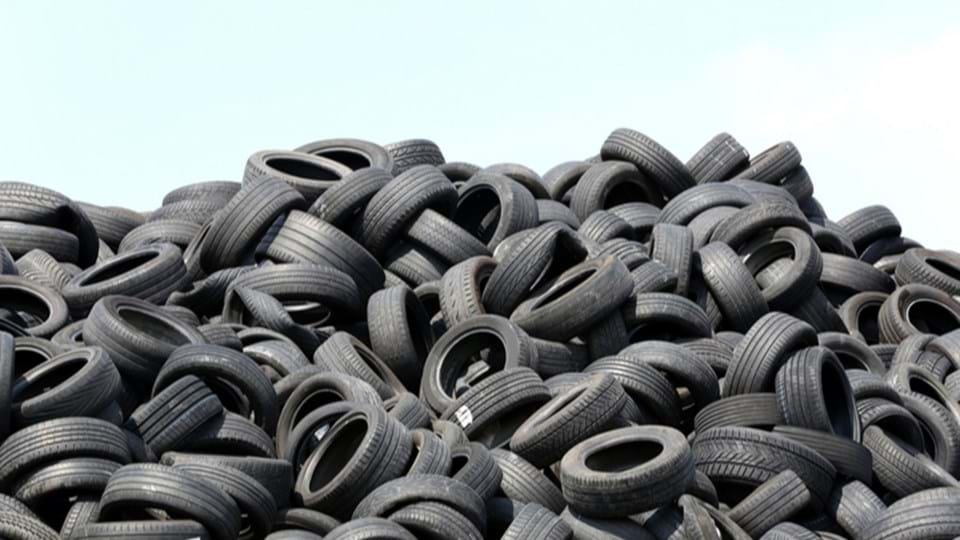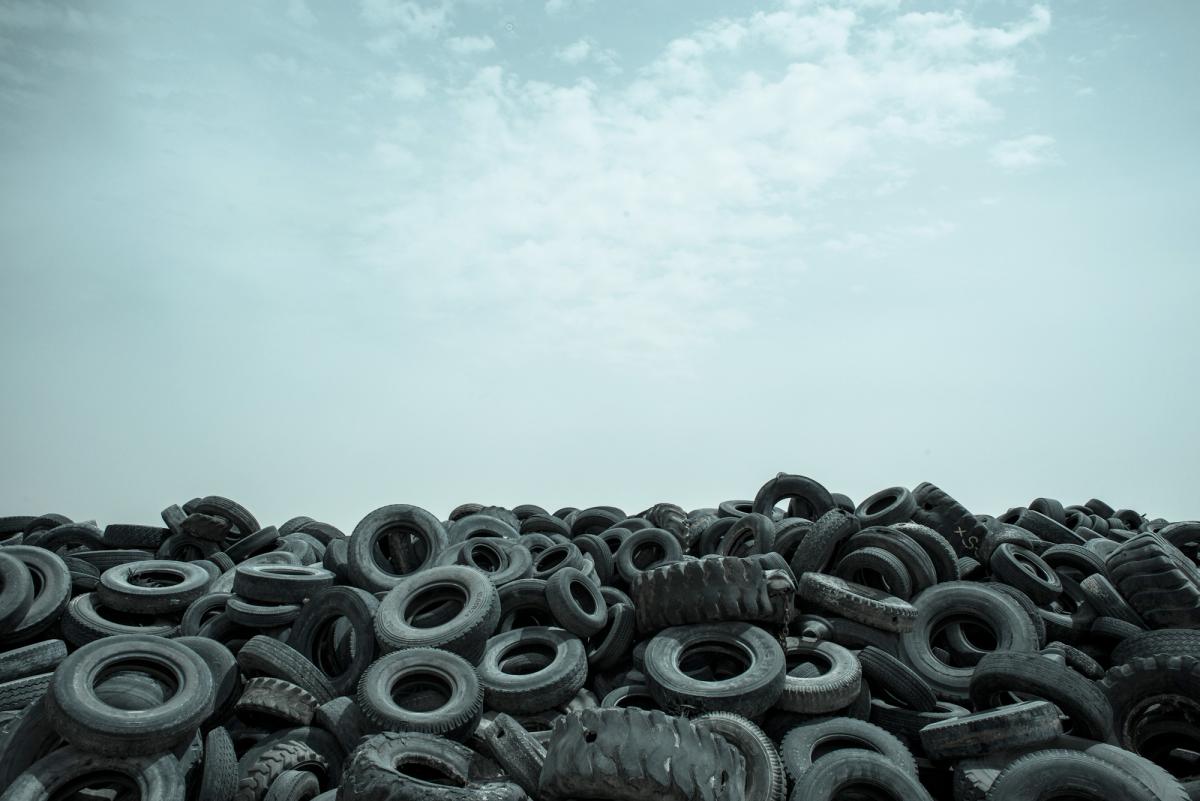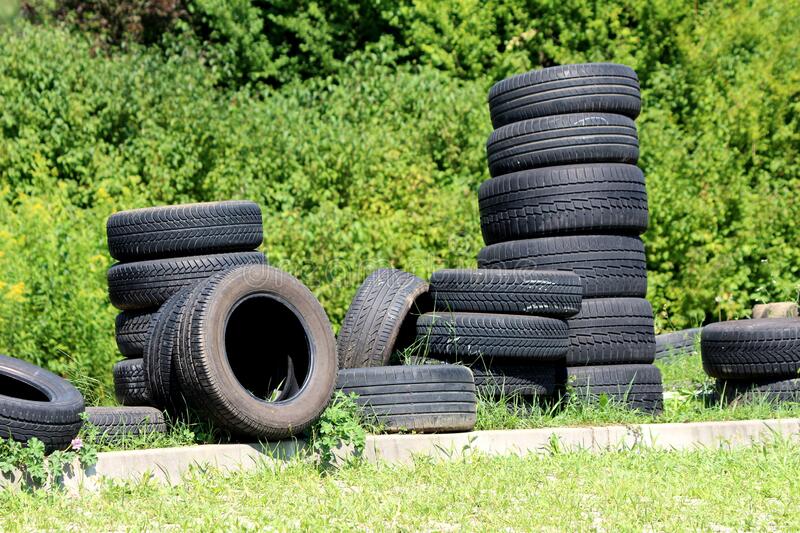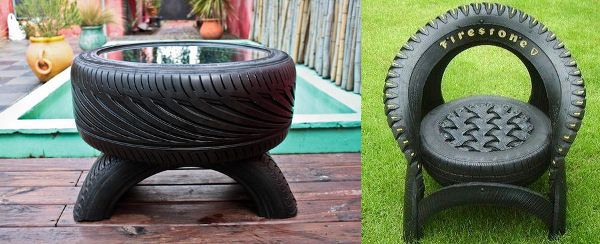
According to the World Business Council for Sustainable Development's (WBCSD) Tire Industry Project (TIP), the world is projected to generate approximately 1 billion end-of-life tires each year. There are 11.8 million registered vehicles in Nigeria according to data from the National Bureau of Statistics (NBS). Not less than 720,000 new vehicles are purchased every year. In 2020, the NBS puts the figure of imported vehicles at 1.3 million. This, when coupled, with unofficial figures shows that Nigeria has a huge tyre market. The high consumption patterns of tyres has caused increase in the generation of scrap tyres. When tyres cease to perform their original function and have exhausted all re-use options, they become waste products and are disposed into the environment. In Nigeria, the common ways of disposing used tyres are landfilling, stockpiling and burning in open fields. Modern tyres are made of synthetic rubber, natural rubber, fabric, wire, carbon black and other chemical compounds that makes them non-biodegrable and difficult to decay when disposed. Stockpiling and burning of used tyres results to environmental pollution.

For instance, when tyres are stockpiled, they tend to collect water and thereby provide suitable breeding grounds for malaria causing mosquitoes. Burning tyres on the other hand is an ephemeral solution to the scrap tyres menace with long term negative environmental impacts. Burning of scrap tyres is a major occurrence in Nigeria. Scrap tyres are burned during festivities as roasting materials in abattoirs and used in extrajudicial killings. This process generates thick black toxic smoke and large quantities of hazardous gaseous emissions. The thick black smoke and toxic residues emiitted during this process release toxins that contamines soil quality, ground water and surface water. Burning of tyres causes emissions of sulphurdioxide to rise tenfold and emissions of dust particles to increase by 500%. These air borne toxins have carcinogenic and mutagenic effects, that is, it can cause cancer and gene mutation. Generally, the emissions released during burning of scrap tyres destroy the atmosphere, contribute to climate change and endangers public health and safety.
Field investigations by UTPRON found that Nigeria has a fairly organized informal collection, transportation and recycling system for scrap tyres. There is high level of ignorance among the public on the dangers of waste tyres. 7 out of 10 persons are unaware of the importance and methods of adopting green and eco-friendly measures of waste tyre recycling. There is no properly designed system of waste tyre collection and difficulty in finding tyre recycling plants and centers has made the unconventional ways of disposing waste tyres to thrive.


Used Tyres Producer Responsibility of Nigeria (UTPRON) is exclusively authorized by NESREA, an agency of the Federal Government to coordinate and manage end-of-life tyres in Nigeria. Through education, enforcement and regulation, we ensure that tyre manufacturers, importers, distributors, retailers, scrap tyre collectors, recyclers, vulcanizers and logistics companies are in compliance with Extended Producer Responsibility (EPR) program. Nigeria is signatory to EPR global best practices for environmental protection to drive a circular economy. This is enforced through Act No 20 of 2007 by the National Assembly establishing NESREA